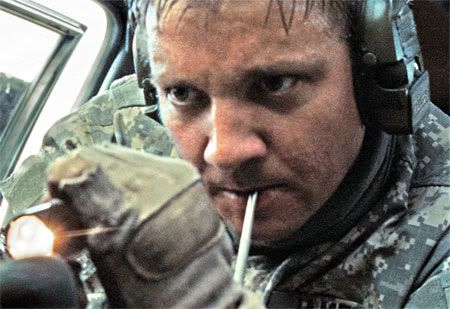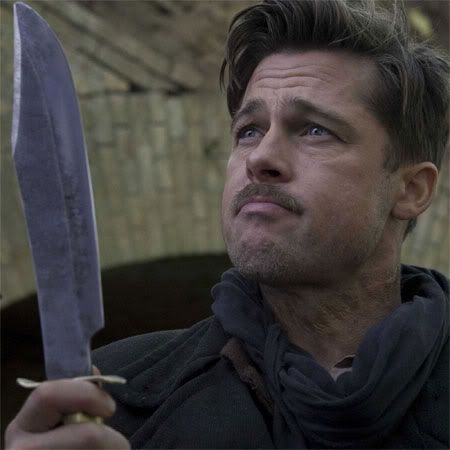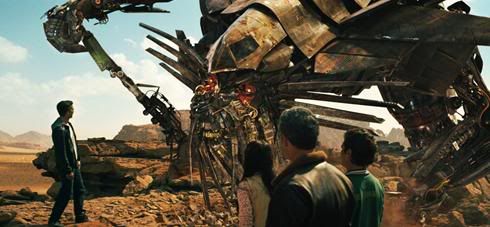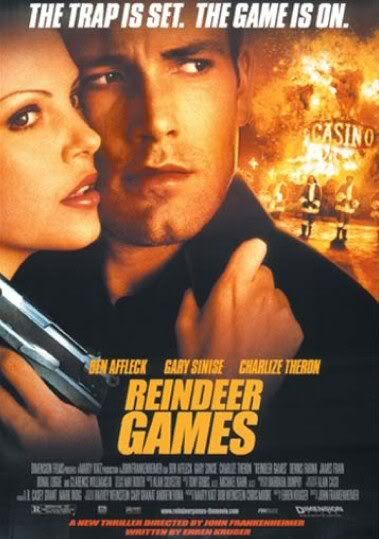
Some people are good at just one thing. There’s nothing wrong with this. While you don’t want to over-emphasize specialization in any endeavor, as you never know when something outside of your specialization is going to come along and topple your entire plan, trying to be good at everything usually means you’re just mediocre in most ways and don’t excel in any way.
Most, however, aren’t. They have passions, talents and drive that go beyond normal expectations. A good deal of sane people dedicate themselves to a particular career path – “I want to be the best cheese salesman in the history of dairy products!” – but it’s a vary rare individual who’s capable of selling cheese for every hour of every day they happen to be conscious. Humans need to have a break now and again, to eat or rest or use the lavatory. Even if one is so wired for selling cheese that they want to sell cheese every waking minute, others might not be inclined to buy cheese meaning those cheese wheels will be spinning with no forward motion for that period of time. And what if the cheese salesman really doesn’t want to be selling cheese? They might have to, just to make ends meet, but what they really want to be doing is following in the footsteps of Hunter S. Thompson even when they stumble about the place because he was hopped up on something. Or several somethings.
My point is, what we do with our time on a daily basis isn’t necessarily what we want to be doing or what we love doing. I know some people who are blessed to be able to do what they love every day all day as their vocation, even when it’s a struggle to do so. It shouldn’t be a struggle, in a perfect world, but it is and I think I have an inkling as to why.

The world in which we live isn’t based on doing what we love, but rather what makes us useful. The corporate machine needs many, many cogs to continue operating smoothly. A corporate executive needs an expensive car to drive in order to show his status. The car salesman is happy to sell that car because his wife is concerned about her appearance and frequents the local spa. The owner of the spa wants to get more salesmen’s wives in and knows they spend time on the Internet. The spa owner’s Internet company helps him maintain his site, and so on and so forth. If the salesman’s wife were suddenly to take up painting rather than frequenting the spa, for example, the whole system might collapse.
It wouldn’t, but it might, and so the system rails against this creative desire by advertising more distracting and degrading things. It distracts with shiny objects geared to be of interest to the audience, and degrades by suggesting that not owning said things makes the viewer less of a person. “Do the trick you’re required to do,” they say, “and you’ll be rewarded with these things. Do something else and not only will you be unable to enjoy these rewards, but society itself will conspire against you in the form of rising gas prices, exorbitant communication fees and unforgiving landlords.”
It’s from here that the struggle arises. We are not one-trick ponies meant to cantor for the amusement of those holding the golden strings of corporate purses, yet those purses often remain closed to those who refuse to entirely conform. Some willful and determined animals are capable of breaking from the pack and running free despite being hunted by the wranglers of corporate greed and soul-grinding utility billing. Some give up and wander with the pack with no real idea of where they’re going. And some struggle against their restraints because freedom is too precious a commodity to be purchased with money, fear or a twisted and warped vision of the self sponsored by cosmetics companies and beer distributors.
I’m probably blowing things out of proportion. I’m given to hyperbole, after all, since I tend to think in terms of fiction involving space ships, wizards, steam-powered robots and vampires that don’t sparkle in the sunlight. Still, the point I’ve been hysterically gesticulating verbally at remains that we are not one-trick ponies. No matter what the advertisements, status quo or your boss might say, there’s no need to tread the same ground over and over again after the whistle blows. Find the seed of your passion, place it in fertile ground and shelter it from the elements. If it happens to grow into your daily life to shore up what you do for most of the daylight hours (or nighttime for you third-shifters), so much the better. If it grows in a different direction, let it. It might lead you someplace wonderful.
You’ll never know unless you try, and once you start trying, don’t stop. The greatest disservice you could ever do to yourself is letting the thing that makes you come alive starve to death while you’re totaling up your billable hours.









